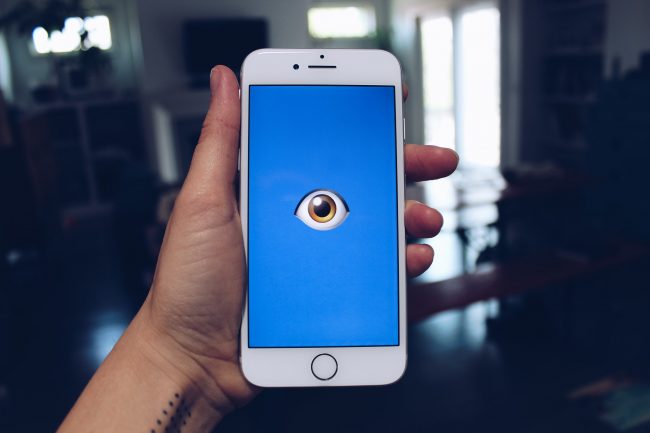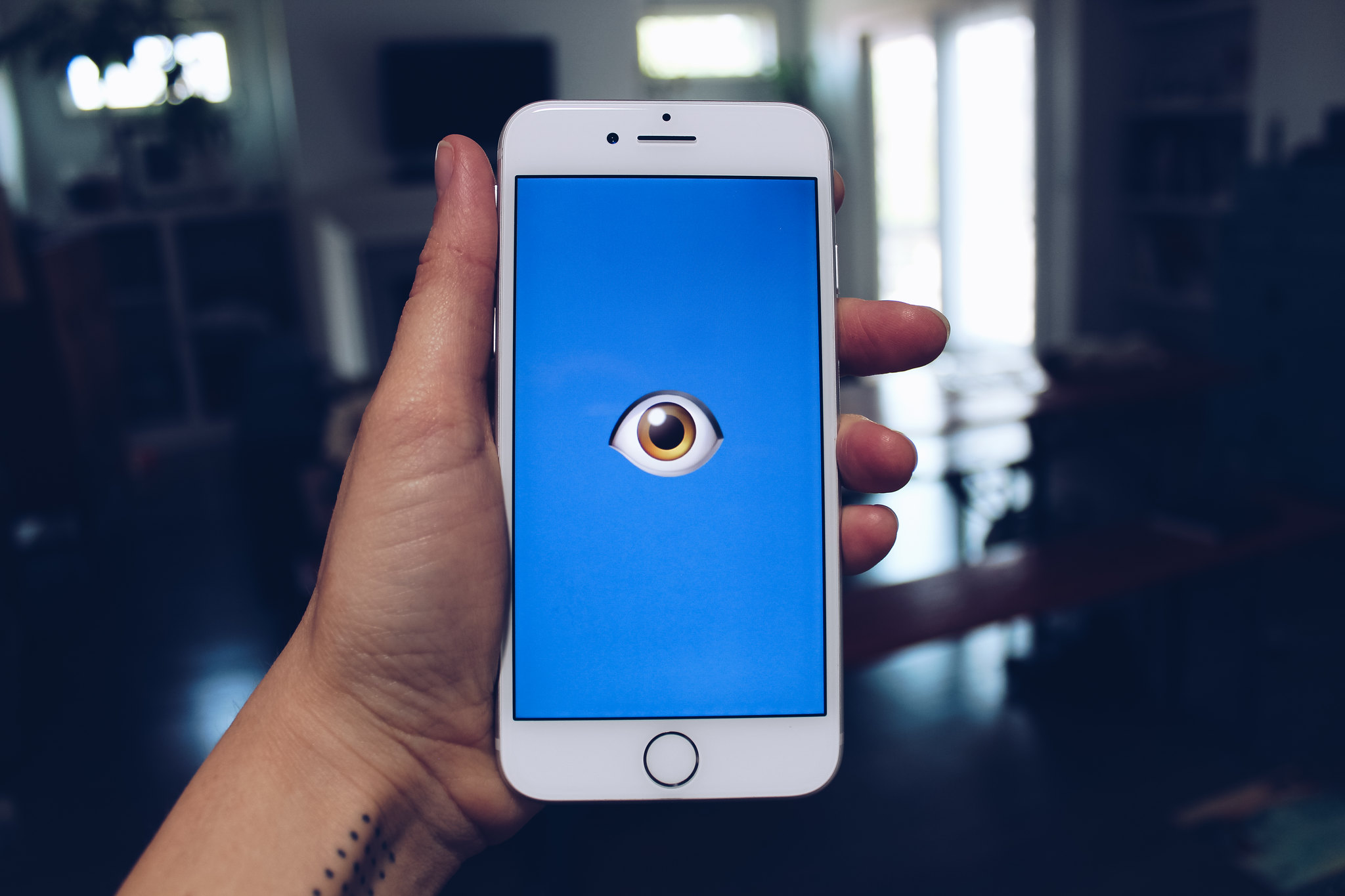|
Getting your Trinity Audio player ready...
|

Over the course of time, technology has become readily advanced. With the use of gadgets such as cameras and microphones used to the brim in every phone, laptop, and computer made these days. Whether it is using a camera to speak with relatives or talk in a business meeting with a microphone, these gadgets have proven to be a market staple. These tools come integrated into the devices that people buy and often trust is safe and reliable to use. However, recent reports have challenged the idea of privacy in the digital space that people preside.
Recently, people have claimed that applications are listening to them on their phones. They have reportedly been in a conversation with someone else and check their phone afterward. What they find on their phone is surprising. They find that often what they talked about in their conversation appears in advertisements on their devices. How could the device know what specific ads to target? Are devices invading privacy by eavesdropping in on conversations?
According to Alex Hamerstone, Government, Risk and Compliance practice lead at information technology security firm, TrustedSec, “It’s easy to feel like our phone is spying on us. It is actually spying on us, but it is not eavesdropping.” What Hamerstone told Fox News via email is that applications like Facebook gather mass amounts of information on people. They collect what people like, what they are interested in, and at times even where they are located. This information about people is gathered through browser history and through applications that ask people to enable their location. All of this information is then processed to give people advertisements that might attract them more than any random advertisement. It may seem like people are being listened to, but in reality, they are just gathering information people submit to the internet.
It may seem like a relief that these companies are not listening in to conversations, but they still have access to everything they need to know about anyone that is on the internet. If people want to limit the amount of information that these companies receive, it is possible by taking a couple of precautions. The next time people sign in to an application that asks them to enable the microphone, camera, or location people might want to decline and think about what personal information and privacy they are giving up.
Another controversy that has been ongoing is spying by the use of these devices. This all started when ex-CIA agent Edward Snowden leaked information on the U.S. government. Agencies have been found snooping on people by hacking into their integrated cameras. These webcams on peoples’ devices are more susceptible to being hacked than people think. Many reports have accounted for people seeing pictures and videos of themselves. These pictures and videos are often compromising and exposing photos of themselves that invade their privacy and are used for the wrong intentions. There are many ways that hackers get into these devices. One of the most common ways is by malicious code planted in bad links and downloads. To prevent this, people have invented a makeshift security measure by putting tape on their webcam. Covering these devices and avoiding sketchy links increases the chances of being safe and protecting privacy from potential hackers.
Devices have evolved and will keep evolving into more advanced machinery that supports people in their daily life. By helping people complete tasks such as making a schedule it makes everyone’s lives easier. For this to occur, however, sometimes people have to sacrifice privacy in order to reap the benefits offered from the latest applications. People have to maintain caution and make sure to not give up too much personal information to these devices. If these safeguards are applied correctly, people will have a greater chance of keeping personal things private. If not, they will be more susceptible to invasion of privacy in the digital realm.
Written by Fernando Rosell
Sources:
Digital Spy: Can people really spy on me through my laptop or smartphone camera?
USA Today: Is Facebook listening to me? Why those ads appear after you talk about things
Fox News: Your phone is spying? The truth behind the strange phenomenon
Featured Image and Top Image Courtesy of Stock Catalog’s Flickr Page – Creative Commons License



